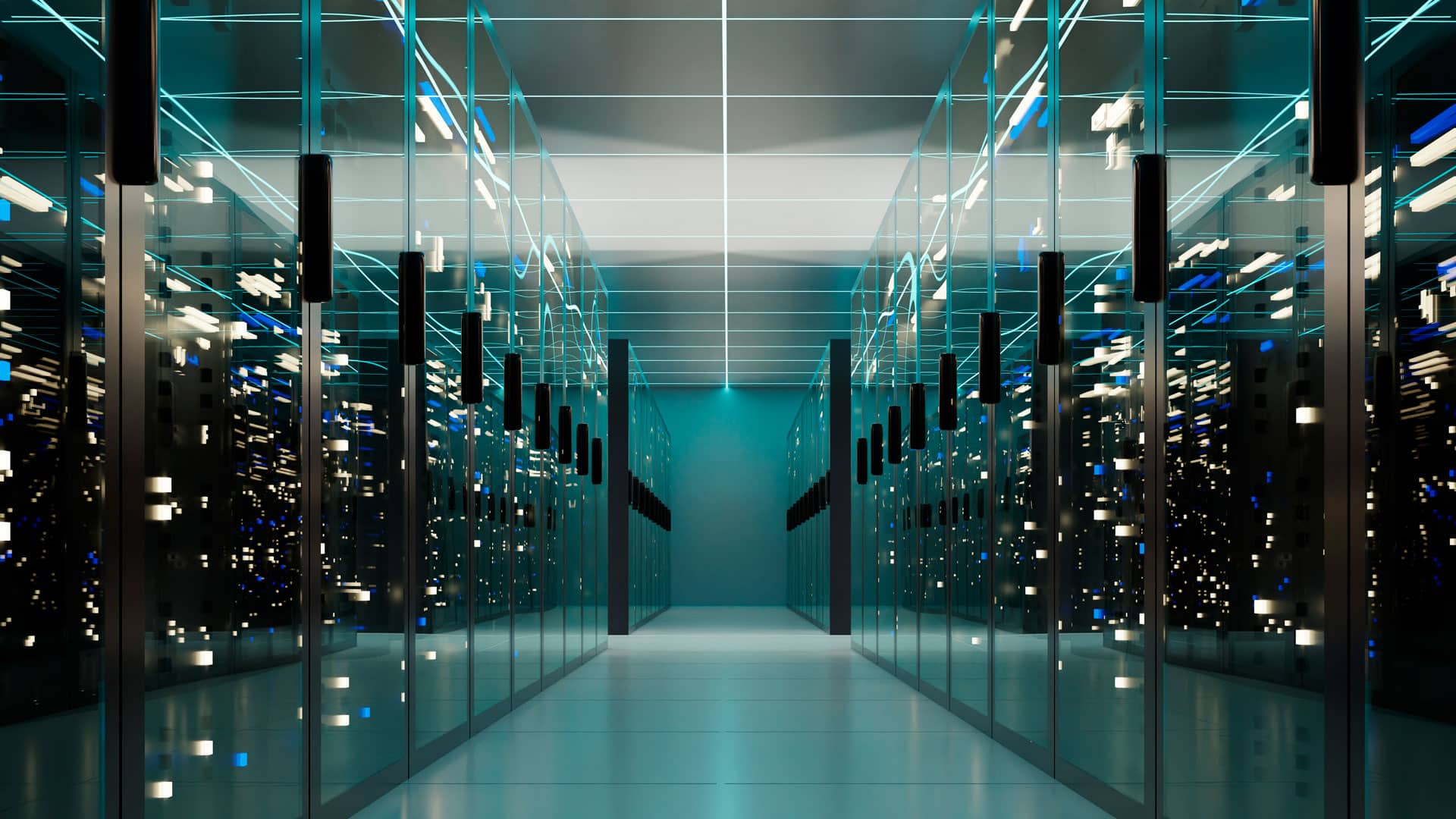
19 Jun Data centres in Spain: Innovation, security and the key to a digital future
Have you ever stopped to think about the infrastructure needed to support daily online traffic? Surely very few. Consider the websites you visit, the software you use, or your companies’ data. All this requires data centres, specific buildings designed to warehouse all this information.
In recent years, Spain has experienced an impressive boom in the construction and development of data processing centres. This is due to the growing demand for digital services and the need to guarantee safe and reliable data storage in our increasingly connected society.
In fact, multinationals such as Microsoft, Google or Oracle are betting on settling in data centres throughout our country. As a result, Spain has become a strategic spot for these facilities, attracting investment and generating a positive impact on the local economy.
According to the Spanish Association of Data Centres (Spain DC), Madrid coexists in the EMEA region with the four largest FLAP data centre markets in Europe, namely Frankfurt, London, Amsterdam and Paris. These represent, in terms of capacity, around 2,689 MW. Madrid has positioned itself as a major player in Europe given its high growth rates. According to this association, the capital of Spain has increased its installed capacity by 43%, which represents a much higher growth than that of other European hubs. With this data, Spain DC places Madrid as a key connectivity hub in our country.
Moreover, thanks to technological advances and the adoption of innovative practices, data centres in Spain have become highly attractive to clients and investors. These facilities have a combination of the latest hardware and software that allows them to handle large volumes of data and process information at an impressive speed. Also, thanks to state-of-the-art technology, these centres can adapt to current and future business demands, providing a scalable and flexible service.
A key aspect of data centres is their focus on security. Companies rely on these facilities to safeguard their confidential information, protecting it from possible cyber-attacks and guaranteeing its availability 24 hours a day. Its equipment with backup systems and advanced security measures can mitigate any potential risks and offer peace of mind to companies and their users.
Likewise, these centres can help shape the green and digital future. The buildings typically have a more efficient power supply and cooling system than would be found in an in-house server room, favouring energy efficiency, reducing consumption and providing cost savings for companies.
However, we mustn’t ignore the fact that data centres are, in turn, a source of considerable energy and water expenditure due to their power and cooling systems. For this reason, the industry is raising awareness and promoting good environmental practices with the help of associations such as Spain DC. There are more and more centres operating on a high percentage of green energy, thus reducing the environmental cost of data consumption.
In this context of growth and technological advances, lyntia stands out as a leader in the sector in Spain. With 5 data centres distributed throughout the national territory, we can ensure the proximity to our users, reducing potential network latency issues.
lyntia Networks has a solid net with centres in Seville, Huelva, Jaen, Zaragoza and now Alicante. These facilities are equipped with the latest technology and offer a variety of physical spaces. Furthermore, our data centres not only provide advanced connectivity and reliable infrastructure, but also focus on energy efficiency, contributing to a more sustainable digital future.
If you want to know more about lyntia’s co-location offer, click here.

